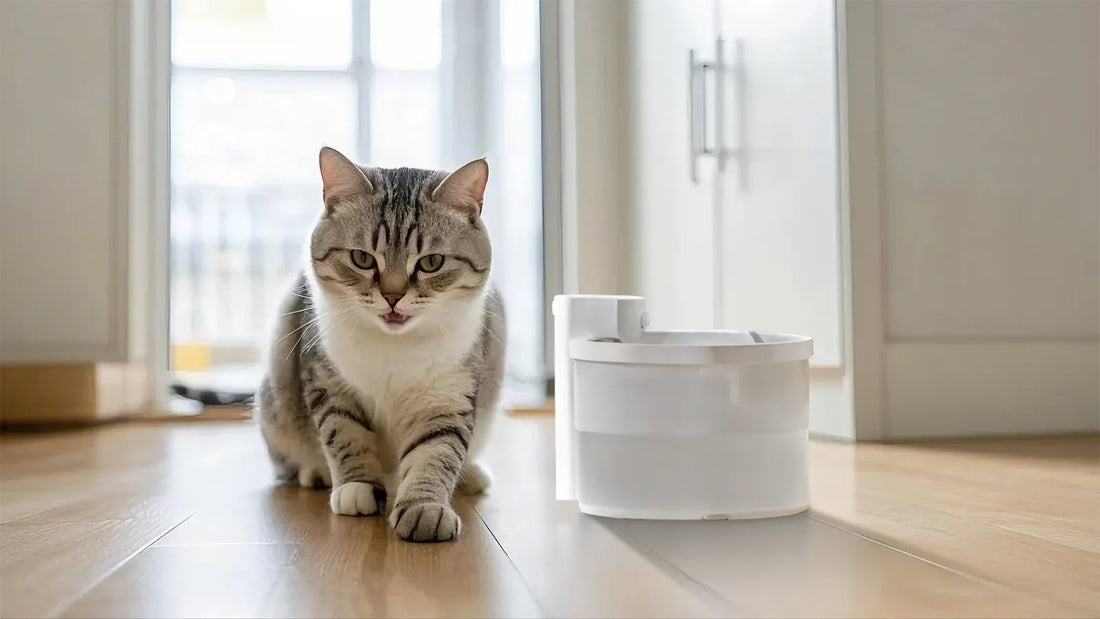Puppies are bundles of joy, and it's natural to want to shower them with love and treats. However, overfeeding can lead to serious health issues. Understanding the signs of overfeeding and how to maintain a balanced diet is crucial for your puppy's well-being.
Understanding Puppy Nutrition
Puppies have different nutritional needs compared to adult dogs. Their growing bodies require a balanced diet rich in proteins, fats, vitamins, and minerals. Overfeeding can disrupt this balance, leading to obesity and other health problems.
Signs You Might Be Overfeeding Your Puppy
Recognizing the signs of overfeeding is the first step in ensuring your puppy's health. Here are some common indicators:
- Weight Gain: Rapid weight gain is a clear sign of overfeeding. Regularly monitor your puppy's weight to ensure they are growing at a healthy rate.
- Lethargy: Overfed puppies may become lethargic and less active. If your puppy seems unusually tired, it might be due to excessive food intake.
- Digestive Issues: Frequent diarrhea or constipation can be a result of overfeeding. Pay attention to your puppy's bowel movements.
- Bloating: A distended abdomen or bloating can indicate overfeeding. This can be uncomfortable and dangerous for your puppy.
Risks of Overfeeding Your Puppy
Overfeeding can lead to several health risks, including:
- Obesity: Excess weight can strain your puppy's joints and lead to long-term health issues like arthritis.
- Diabetes: Overfeeding can increase the risk of diabetes, a condition that requires lifelong management.
- Heart Disease: Obesity can lead to heart problems, reducing your puppy's quality of life.
- Shortened Lifespan: Overfeeding can significantly reduce your puppy's lifespan, cutting short the time you have together.
How to Prevent Overfeeding
Preventing overfeeding involves a combination of proper diet and regular monitoring. Here are some tips:
- Follow Feeding Guidelines: Always follow the feeding guidelines provided by your veterinarian or pet food manufacturer.
- Measure Portions: Use a measuring cup to ensure you're giving the correct portion size.
- Limit Treats: Treats should make up no more than 10% of your puppy's daily caloric intake.
- Regular Exercise: Ensure your puppy gets plenty of exercise to burn off excess calories.
Consulting Your Veterinarian
If you're unsure about your puppy's diet or notice any signs of overfeeding, consult your veterinarian. They can provide personalized advice and help you create a balanced diet plan tailored to your puppy's needs.
Your puppy's health is in your hands. By understanding the signs of overfeeding and taking preventive measures, you can ensure your furry friend grows up healthy and happy. Remember, a balanced diet and regular exercise are key to a long and fulfilling life for your puppy.













